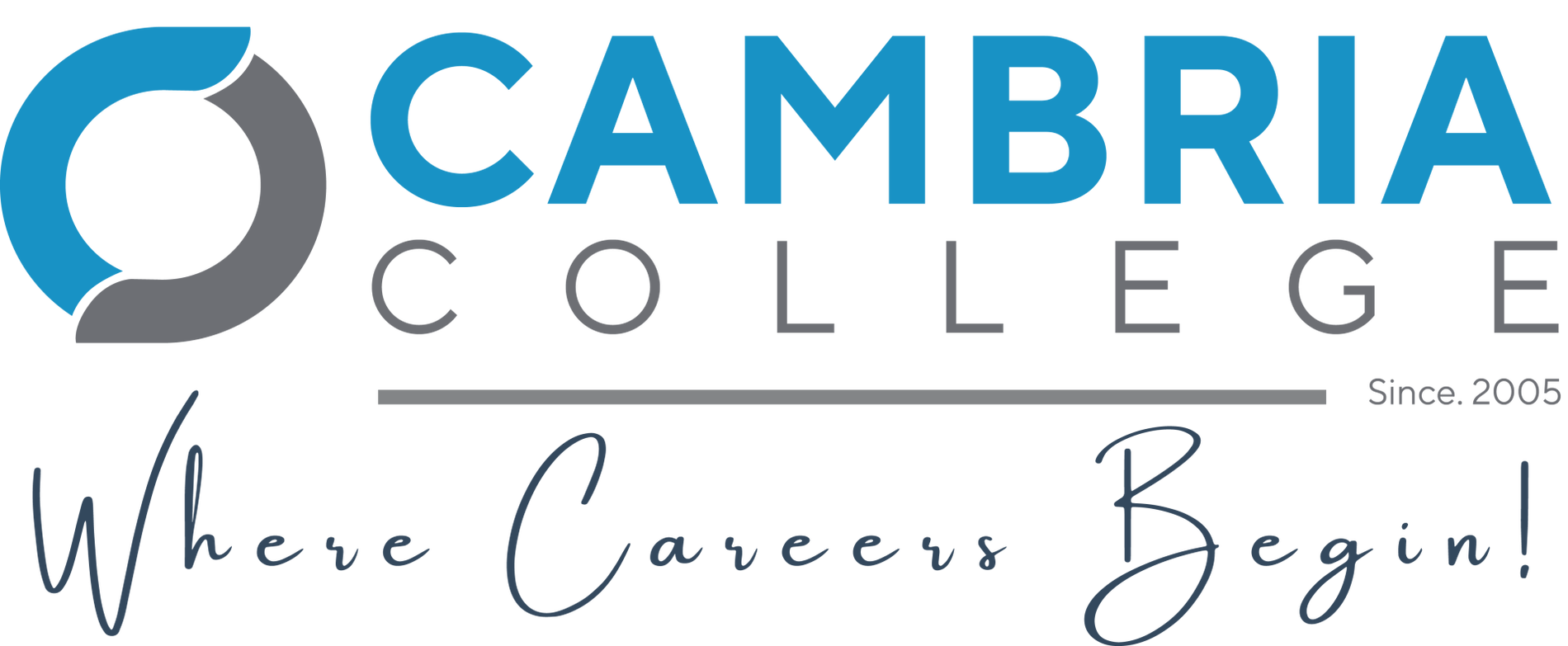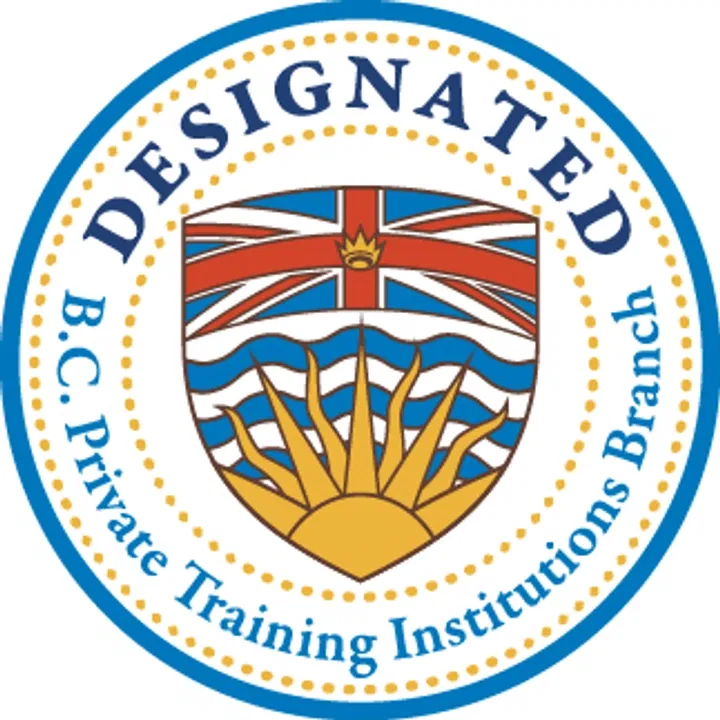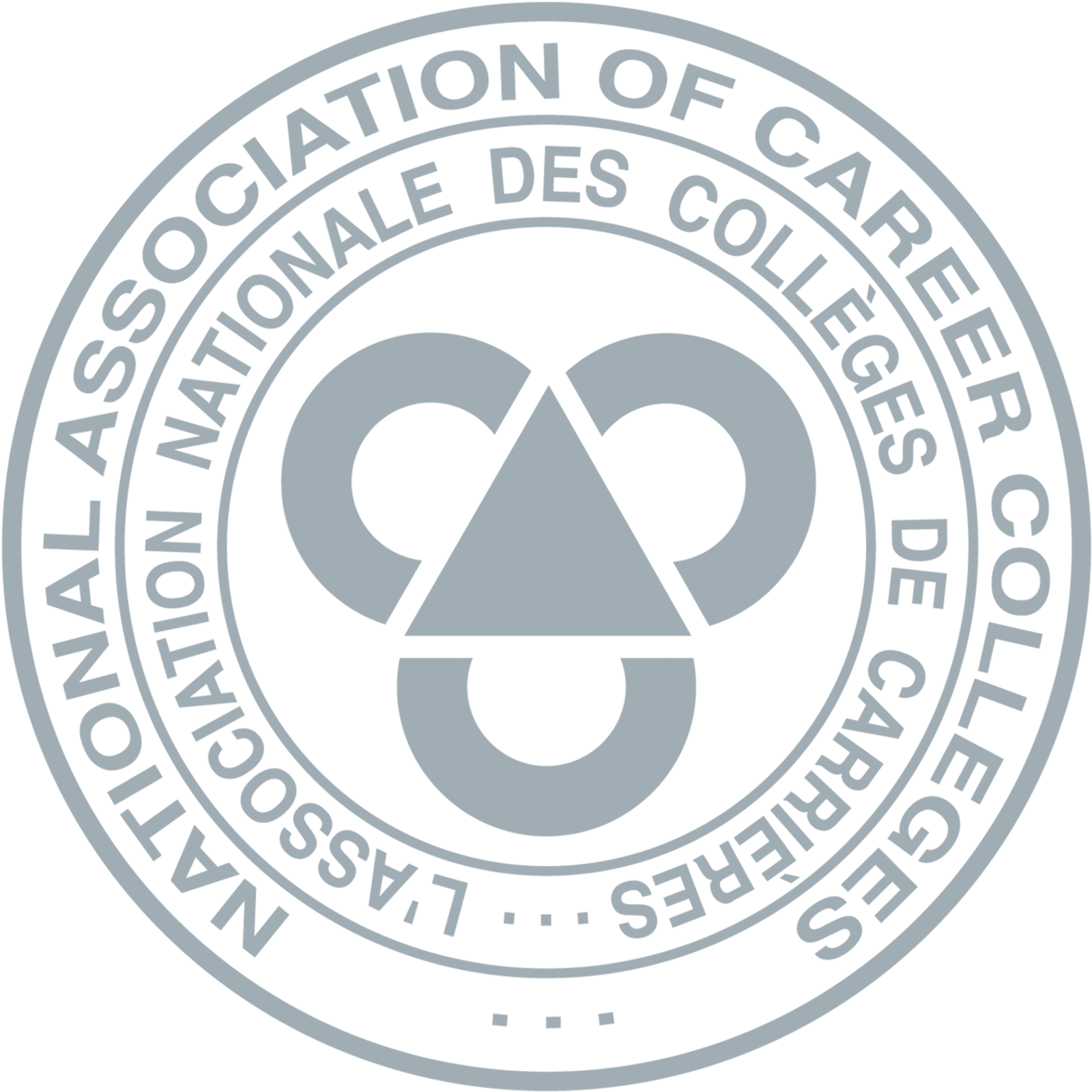Hospitality management is a dynamic and multifaceted field that offers diverse career opportunities for individuals seeking a rewarding and challenging professional journey. As you consider your career options, it’s essential to understand the unique skills, responsibilities, and potential paths within the hospitality industry.
This article will guide you through the key aspects of a career in hospitality management, helping you determine if it aligns with your aspirations and strengths.
Introduction to Hospitality Management as a Career Path
Hospitality management encompasses the planning, organization, and oversight of various hospitality-related businesses, such as hotels, restaurants, resorts, event venues, and tourism operations. Professionals in this field are responsible for ensuring the smooth and efficient delivery of services, creating exceptional guest experiences, and driving the financial success of their respective organizations.
The hospitality industry is renowned for its fast-paced, customer-centric environment, where adaptability, problem-solving, and interpersonal skills are highly valued. Hospitality managers play a crucial role in coordinating the efforts of various departments, including front-office operations, housekeeping, food and beverage, marketing, and human resources, to deliver a seamless and memorable experience for guests.
The Skills and Qualities Required for Success in Hospitality Management
Succeeding in a hospitality management career requires a unique blend of technical and soft skills. Some of the key competencies include:
- Customer Service Orientation: Hospitality professionals must possess a genuine passion for serving others and a commitment to exceeding guest expectations.
- Adaptability and Flexibility: The ability to quickly adapt to changing circumstances and respond effectively to unexpected situations is crucial in the hospitality industry.
- Strong Communication and Interpersonal Skills: Effective communication, both verbal and written, is essential for coordinating teams, resolving conflicts, and interacting with diverse stakeholders.
- Problem-Solving and Decision-Making Abilities: Hospitality managers must be adept at identifying and addressing problems, often under time constraints, while making informed decisions that align with the organization’s goals.
- Financial Acumen: Understanding budgeting, cost control, and revenue management is vital for ensuring the financial viability of hospitality operations.
- Leadership and Teamwork: Hospitality managers must be able to motivate and lead cross-functional teams, fostering a collaborative work environment.
- Attention to Detail: Meticulous attention to detail is necessary for maintaining high standards of service, ensuring guest satisfaction, and optimizing operational efficiency.
Pros and Cons of a Career in Hospitality Management
As with any career path, hospitality management presents both advantages and potential drawbacks. It’s essential to weigh these factors carefully to determine if this field aligns with your personal and professional goals.
Pros:
- Diverse career opportunities across various hospitality sectors
- Opportunities for career advancement and leadership roles
- Exposure to a dynamic, fast-paced, and customer-centric work environment
- Potential for global travel and cultural experiences
- Opportunities to develop a wide range of transferable skills
Cons:
- Demanding work schedules, including long hours, weekends, and holidays
- High-stress levels due to the need to respond quickly to guest needs and resolve issues
- Potential for work-life balance challenges
- Competitive job market with high expectations for education and experience
- Fluctuations in industry demand and economic conditions
Job Opportunities in the Hospitality Industry
The hospitality industry offers a vast array of career paths, including:
- Hotel Management: Roles such as hotel general manager, front office manager, housekeeping manager, and revenue manager.
- Food and Beverage Management: Positions like restaurant manager, catering manager, and food and beverage director.
- Event and Conference Management: Responsibilities include event planner, conference coordinator, and banquet manager.
- Resort and Tourism Management: Opportunities in resort operations, destination management, and tourism development.
- Hospitality Consulting and Entrepreneurship: Roles in hospitality consulting, revenue management, and starting one’s own hospitality business.
The specific job responsibilities and requirements can vary depending on the organization, size, and specialization within the hospitality industry.
Education and Training Required for a Career in Hospitality Management
Pursuing a career in hospitality management typically involves obtaining a relevant educational background. Many aspiring hospitality professionals choose to obtain formal training in hospitality management, hotel administration, or a related field. These programs often cover topics such as hotel operations, food and beverage management, event planning, marketing, and financial management.
In addition to formal education, hands-on experience through internships, co-op programs, or entry-level positions in the hospitality industry can significantly enhance one’s knowledge and practical skills. Many hospitality management programs incorporate experiential learning opportunities to provide students with a well-rounded understanding of the industry.
Furthermore, some hospitality professionals opt to pursue advanced degrees, such as a Master of Business Administration (MBA) with a concentration in hospitality management, to further develop their leadership and strategic decision-making abilities.
How to Determine if Hospitality Management is the Right Career Path for You
Assessing whether a career in hospitality management is the right fit for you involves careful introspection and self-evaluation. Consider the following questions:
- Do you have a genuine passion for serving others and creating exceptional experiences? Hospitality is all about putting the guest at the center of your focus.
- Are you comfortable with a fast-paced, dynamic, and sometimes unpredictable work environment? The hospitality industry is known for its high-energy and constantly evolving nature.
- Do you possess strong interpersonal and communication skills? Effective collaboration and interaction with diverse stakeholders are essential in this field.
- Are you adaptable and able to thrive under pressure? The ability to problem-solve and make decisions quickly is crucial in hospitality management.
- Do you have a keen eye for detail and a commitment to maintaining high standards? Attention to detail is paramount in ensuring guest satisfaction and operational efficiency.
- Are you willing to work flexible schedules, including evenings, weekends, and holidays? The hospitality industry operates around the clock to meet guest needs.
Answering these questions honestly will help you determine if your skills, interests, and values align with the demands and expectations of a career in hospitality management.
Resources and Tools for Exploring the Hospitality Management Career Path
If you’re interested in pursuing a career in hospitality management, there are numerous resources and tools available to help you navigate the process:
- Industry Associations: Organizations like the International Hotel & Restaurant Association (IH&RA) and the American Hotel & Lodging Association (AHLA) offer a wealth of information, networking opportunities, and professional development resources.
- Educational Institutions: Explore the hospitality management programs offered by colleges and universities, both on-campus and online, to find the right fit for your educational and career goals.
- Hospitality Industry Websites and Blogs: Stay informed about industry trends, job opportunities, and career insights by regularly visiting reputable hospitality industry websites and blogs.
- Informational Interviews: Reach out to professionals in the hospitality management field and request informational interviews to gain firsthand perspectives on the industry and potential career paths.
- Internships and Entry-Level Positions: Seek out internships or entry-level positions in the hospitality industry to gain hands-on experience and build your professional network.
By leveraging these resources, you can make an informed decision about whether a career in hospitality management aligns with your aspirations and interests.
Tips for Excelling in a Hospitality Management Career
If you’ve decided that hospitality management is the right path for you, consider the following tips to help you excel in this dynamic and rewarding field:
- Develop a Diverse Skill Set: Continuously expand your knowledge and expertise across various hospitality functions, such as operations, finance, marketing, and human resources.
- Foster Strong Interpersonal Relationships: Build strong connections with colleagues, guests, and industry partners to enhance collaboration and problem-solving.
- Embrace Continuous Learning: Stay up-to-date with industry trends, technologies, and best practices through ongoing professional development opportunities.
- Demonstrate Adaptability and Resilience: Be prepared to navigate the industry’s challenges and uncertainties with a flexible and solution-oriented mindset.
- Seek Mentorship and Networking Opportunities: Identify experienced professionals who can provide guidance, support, and insights to help you navigate your career path.
- Maintain a Positive and Customer-Centric Attitude: Consistently demonstrate a genuine passion for serving others and creating memorable experiences for guests.
By following these tips, you can position yourself for success and advancement within the hospitality management profession.
To learn more about the exciting opportunities in hospitality management and how to determine if it’s the right career path for you, consider booking an appointment with one of our experienced Admissions reps. They can provide personalized guidance and help you explore the next steps in your professional journey.
Book an AppointmentConclusion: Making an Informed Decision about Your Career Path in Hospitality Management
Hospitality management is a dynamic and multifaceted field that offers a wealth of opportunities for individuals who thrive in a fast-paced, customer-centric environment. By understanding the required skills, potential career paths, and the unique challenges and rewards of this industry, you can make an informed decision about whether a career in hospitality management aligns with your personal and professional goals.
The decision to pursue a career in hospitality management is a deeply personal one, and it’s essential to carefully evaluate your strengths, interests, and values to determine if this field is the right fit for you. With the right mindset, a commitment to continuous learning, and a passion for serving others, you can embark on a rewarding and fulfilling career in the exciting world of hospitality management.





